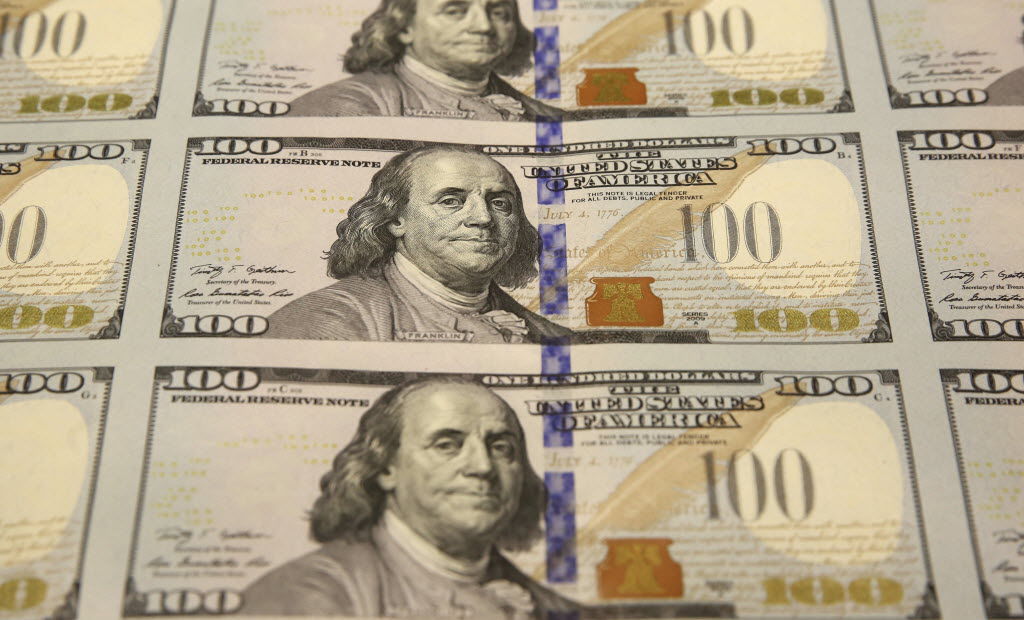PHOENIX т The fight over whether УлшжжБВЅns get to vote on a renewable-energy measure is a clash of financial titans.
New reports filed with the Secretary of Stateтs Office show that Clean Energy for Health УлшжжБВЅ has collected nearly $8.3 million. With the exception of $4.88 put in by a Phoenix educator, every penny has come from NextGen Climate Action, the political action committee set up by California billionaire Tom Steyer.
The report drew the expected criticism from Matthew Benson, spokesman for УлшжжБВЅns for Affordable Electricity, the group fighting the measure.
тSteyer will spare no expense in his shameless bid to buy this election and force his costly, California-style energy regulations down the throats of УлшжжБВЅ families,т he said in a prepared statement. By contrast, Benson said the measure is opposed by a тcoalition of community leaders, business groups, taxpayer advocates and champions of the working poor.т
People are also reading…
But what Benson did not say is that his group has amassed more than $11 million for the fight. And all that money comes from Pinnacle West Capital Corp., the parent company of УлшжжБВЅ Public Service, which would have to live with the new regulations should voters adopt them in November.
Both sides in the initiative fight have spent pretty much all of the money theyтve raised to date.
Current УлшжжБВЅ Corporation Commission regulations require most utilities to obtain 15 percent of their energy from renewable sources by 2025.
The initiative, which will be Proposition 127 if Pinnacle West fails to keep it off the ballot through legal challenges, sets that goal at 50 percent by 2030.
Some of УлшжжБВЅтs other ballot measures are also drawing big dollars. But the funding is nowhere near as balanced as in the renewable-energy measure.
For example, the УлшжжБВЅ Association of Realtors and its national organization already have put $6.1 million into an extensive media campaign for Proposition 126. That measure would put a provision into the УлшжжБВЅ Constitution to forever forbid lawmakers from considering sales taxes on services.
There is no organized opposition to the measure.
Proposition 207 to raise income taxes on the stateтs most wealthy has found supporters outraising foes.
The Invest in Ed committee lists $2.3 million in donations, including $1.4 million from the National Education Association. By contrast, the opposition organized under the banner of УлшжжБВЅns for Great Schools and Strong Economy has raised $1.2 million, with $900,000 of that from the УлшжжБВЅ Chamber of Commerce and Industry.
That measure, if approved, would raise $690 million a year for education, all of it coming from individuals who earn more than $250,000 a year and couples with incomes greater than $500,000.
The campaign to ban anonymous political donations, which will be on the ballot as Proposition 128 if it survives legal challenges, has so far collected $1 million in its effort to put a тright-to-knowт provision in the УлшжжБВЅ Constitution, forcing disclosure of all donations of at least $2,500.
Officials from several groups that have made тdark moneyт donations in the past have gone to court to keep the measure off the ballot.























